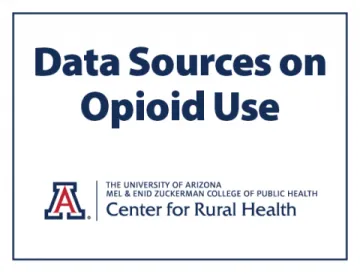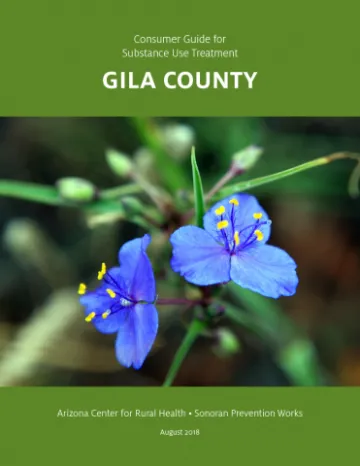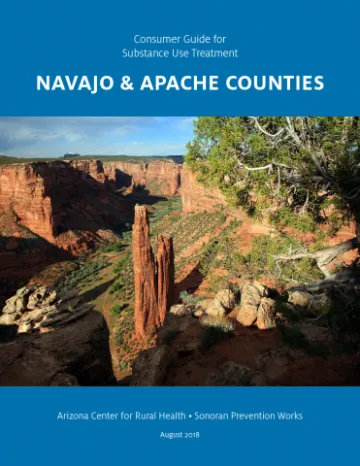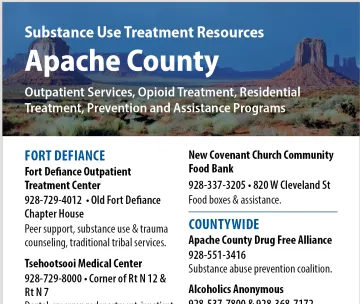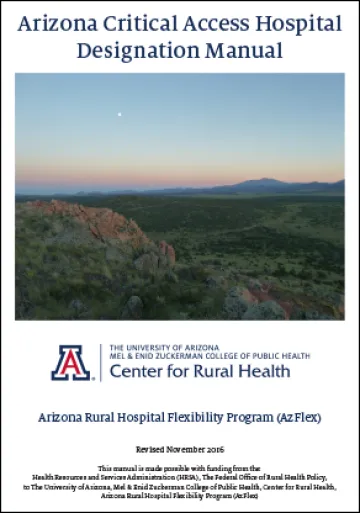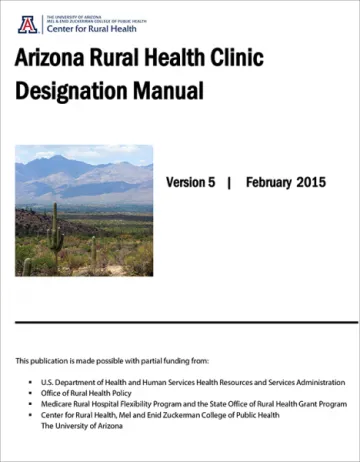AzCRH Guides & Manuals
Publication Date: June 1, 2023
Publication Authors: Koch, B., Coates, S., Drake, C. and Derksen, D.
The Arizona Center for Rural Health (AzCRH) has compiled a summary of the U.S. Census urban-rural population in Arizona based on the 2020 Decennial Census. This overview compares the state and county level urban-rural population numbers and percentages based on the 2010 and 2020 approach to urban-rural categorization.
If you have questions please contact Bryna Koch, DrPH at brynak@arizona.edu.
Download printable one page Substance Use Treatment Resource guides for counties:
- Arizona Rural Health Resource Manual (2006, Leila Barraza, MPH, Alison Hughes, MPA)


